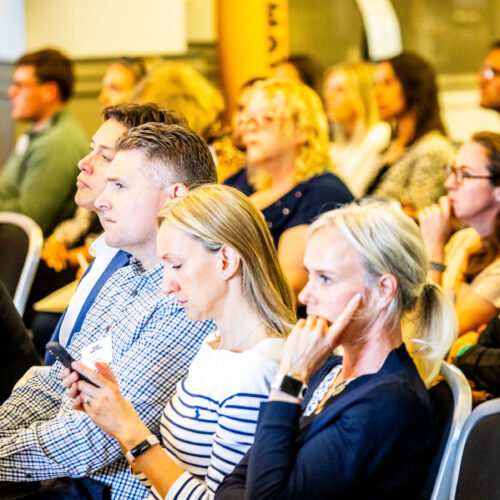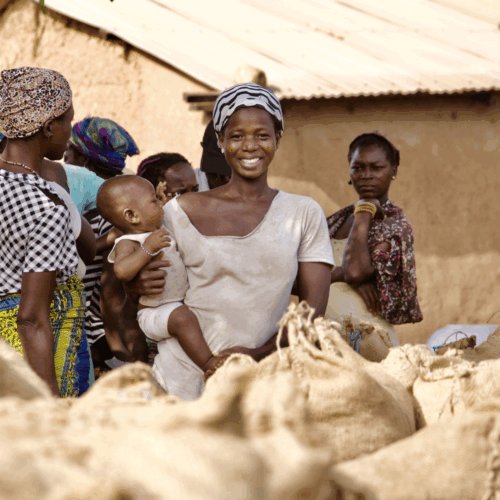The US is, of course, a huge player in the food industry and its influences are felt far and wide.
From agricultural production, to processing, to fast food chains and advertising. And it’s home to some of the biggest food companies in the world.
But is there such a thing as a defined American cuisine?
Is it new world ingredients like corn, squash and beans, fast-food items such as hamburgers, hotdogs and fries? Of course it is more than that, but how do you define it? Can it be defined?
In such a vast country, both in terms of area and population, is there one dish that everyone identifies with?
Paul Freedman is an expert on the subject and tells the Food Matters Live Podcast there are three elements to US food; Regional, Modern Industrial, and Variety.
Listen to the full episode to hear about the different dishes that play a major role in the eating habits of Americans, why how and where you eat can be just as important as what you eat, and the important role of race and gender in defining US cuisine.
Professor Paul Freedman, professor of History at Yale University
Professor Freedman specialises in medieval social history, the history of Catalonia, comparative studies of the peasantry, trade in luxury products, and the history of cuisine.
He has written a number of books, including “American Cuisine: And How it Got This Way” and “Ten Restaurants That Changed America“.
His honours include a 2008 cookbook award (reference and technical) from the International Association of Culinary Professionals and three awards for Images of the Medieval Peasant: the Haskins Medal of the Medieval Academy (2002), the 2001 Otto Gründler prize given by the Medieval Institute at Western Michigan University in Kalamazoo, and the Eugene Kayden Award in the Humanities given by the University of Colorado.
He won the American Historical Association’s Premio del Rey Prize in 1992 and shared the Medieval Academy’s Van Courtlandt Elliott prize for the best first article on a medieval topic in 1981.







